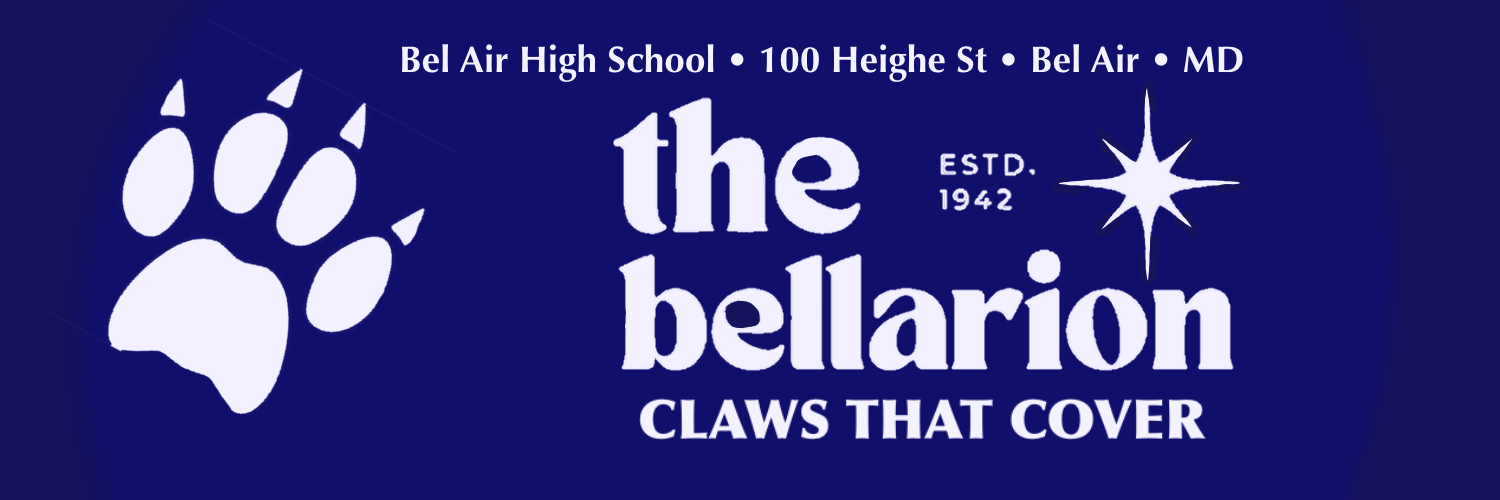Youth Lagoon: Savage Hills Ballroon
October 21, 2015
Rating: 8/10
Highlights: Rotten Human, The Knower, Highway Patron Stun Gun
Youth Lagoon blends it up with the release of Savage Hills Ballroom. If you are drawn to music with a strong edge to it, then this album is perfect for you. Youth Lagoon is the moniker of dream pop musician Trevor Powers, and with it Powers proves that music is an art form that has deeper meaning beyond the words being sung. Savage Hills Ballroom represents Powers’ heartache over the loss of a loved one and personal struggles that inspired him to create beguiling art. Powers incorporates a serious and melancholy meaning to his work, but portrays those emotions and his pain in a beautiful, powerful way.
Savage Hills Ballroom is Youth Lagoon’s third album, and his newest since 2013. It is common for listeners to have a wrong impression of a band when all they’ve heard is one or two albums, whether that be a good first impression or bad impression. It is hard to listen to this collection of music and not feel the magnitude of aching vulnerability blended with the desire to show a sense of solidity.
Recorded in Bristol, England, and released on September 25, 2015 by Fat Possum Records, Savage Hills Ballroom displays stories of a person that faces struggles that some individuals aren’t able to cope with. Comparing Savage Hills Ballroom to previous Youth Lagoon albums is easy to differentiate. All of Youth Lagoon’s previous albums demonstrate Powers’ own stories and possess a very dream- pop like tone to most of their pieces, especially in Wondrous Bughouse. But Savage Hills Ballroom takes a more distinct intent of focusing on the depth of every word sung compared to portraying a similar sound to their genre. It’s inevitable that their low fidelity and dream-pop sound is heard in this work, but Trevor Power’s utterance of sorrow intertwined in the lyrics of the pieces are spellbinding.
The intention in songs like “The Knower” is to show a human’s mindset at its rawest form, to avoid any false barrier hiding his true emotions. “Oh, everybody wants to think they’re not what they ate, that their body’s great/Oh, everybody wants to think that they’re good at heart, when they’re full of hate/Oh, everybody wants to think their luck will change, when there’s no such thing/Oh everybody wants to think that they won’t grow old, yet they keep aging.” Powers uses anaphora throughout this song to portray that everybody wants to think these things, meaning they are just lying to themselves for their own good or because society has given us the impression of what we are supposed to think. When, in reality, it isn’t doing anyone an ounce of good and we eventually end up hurting ourselves.
“Highway Patrol Stun Gun” portrays the chaos of the world and the media’s interpretation of police brutality and how someone feeling isolated in a place not present of the situation can still be influenced by the news they are fed. Powers feels this to an extent with living in Idaho. This concept is also blended with the idea of feeling alone throughout life’s challenging paths, and allowing the loss of someone you were so connected to, deprive you of your strength. But being able to take the time for yourself and realize you are not alone, as Powers states for The Fader on this piece, “We go down these life paths and we feel like we’re always alone, but we have those different aspects of our personality that are essentially grounding us/we’re not quite alone because we have our spirits.”


